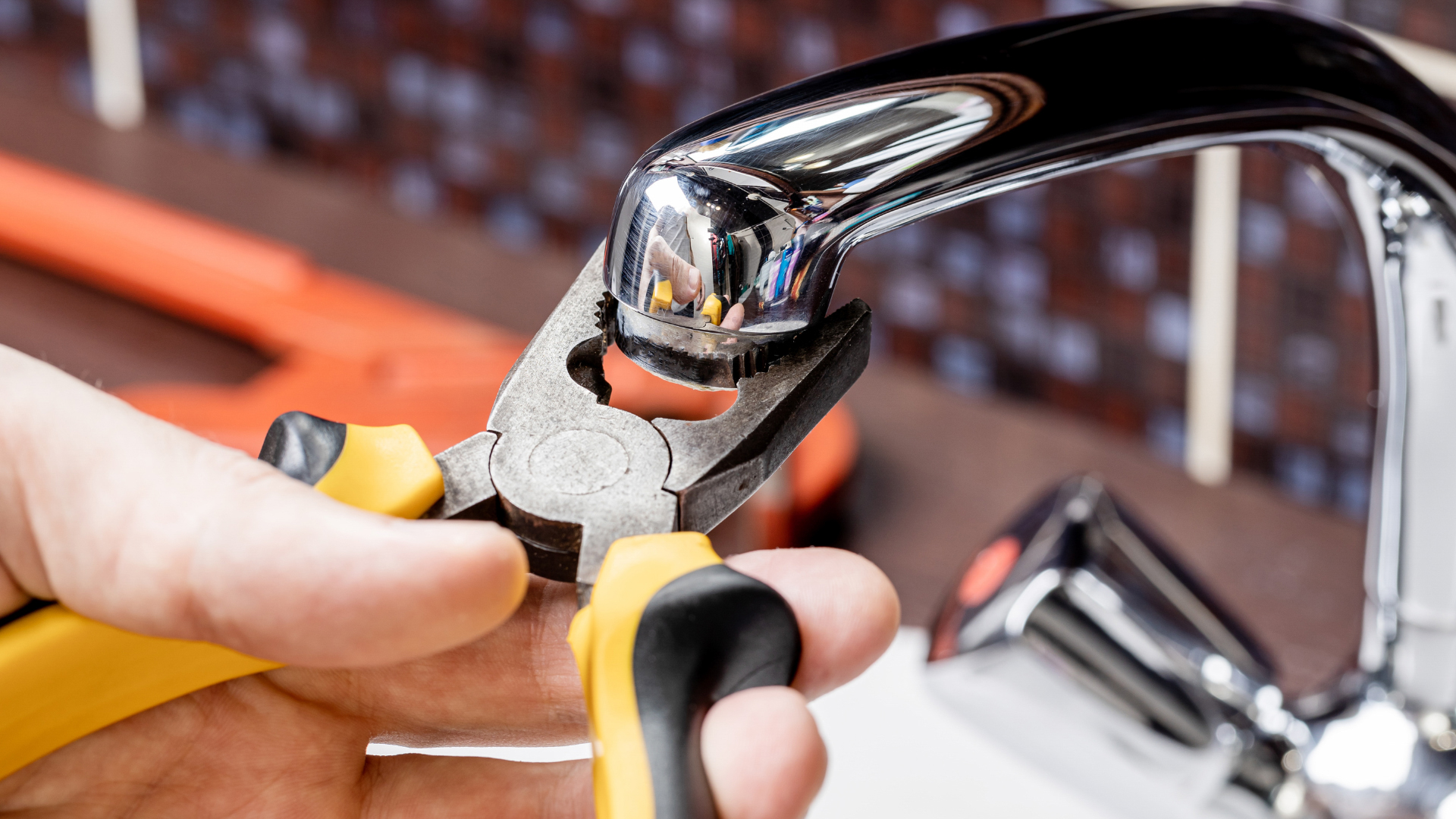Plumbing emergencies can strike at any moment, often without warning, leading to potential chaos in your home. Whether it’s a burst pipe or a faulty water heater, these incidents require immediate attention to mitigate damage. Understanding common causes and having a plan of action can significantly ease the stress of such situations.
Common Causes of Plumbing Emergencies
Plumbing emergencies can occur when least expected and tend to originate from several common triggers. Burst pipes are one of the most dramatic causes. They usually result from frozen water expanding inside the pipes or corroded materials giving way under pressure. A sudden burst can lead to significant water damage if not quickly managed.
Clogged drains are another frequent cause of plumbing issues. Over time, materials like hair, soap, and food particles can block water flow through pipes, leading to overflowing sinks, toilets, and showers. These blockages, if left untreated, can cause damage to plumbing systems and contribute to unpleasant odors in the home.
Faulty water heaters can also lead to emergencies, especially if they are not maintained properly. A failing water heater might stop producing hot water or start leaking, leading to water damage and potential mold growth.
Regular maintenance and early detection are vital to preventing these disasters. Homeowners can mitigate risks by promptly addressing minor repairs. Routine checks allow for the early detection of wear and tear, enabling proactive solutions that keep plumbing systems functioning smoothly.
Immediate Actions to Take During a Plumbing Emergency
When faced with a plumbing emergency, swift and decisive action is crucial. Here is a step-by-step guide to help homeowners navigate these stressful situations effectively:
1. Turn Off the Main Water Supply: The first step is always to stop the flow of water by turning off the main valve. This action can prevent extensive water damage and halt any ongoing leaks.
2. Address Safety Concerns: If there is a risk of electrical hazards, such as water near electrical outlets or appliances, turn off the electricity in that area to ensure safety.
3. Contain the Leak: Use buckets, towels, or other absorbent materials to contain water within the affected area. This can help minimize damage to floors and furniture.
4. Check for Obvious Issues: Check the affected area for visible signs of damage or obstruction. In some cases, simple solutions like removing debris from a drain can temporarily alleviate the issue.
5. Contact Professional Help: Call our professionals for efficient and reliable assistance. Plumbers have the expertise and tools needed to address the emergency thoroughly and efficiently.
Taking these immediate actions helps manage the situation until professional assistance arrives, ensuring issues are resolved with minimal disruption to your home.
Professional Solutions for Effective Emergency Management
In the midst of a plumbing emergency, the expertise of professional plumbers is indispensable. Our professionals are adept at quickly assessing and addressing a wide range of issues, ensuring that disruptions to your home are minimized. Their role is pivotal in both diagnosing the root cause of the emergency and implementing the most effective strategy for resolution.
Our team employs an array of advanced tools and techniques to ensure efficient repairs. For instance, video inspection tools allow our professionals to accurately pinpoint blockages or leaks within pipes without unnecessary disassembly. This precision enables faster problem-solving and reduces potential damage to your property.
Additionally, our professionals are trained to handle high-pressure water jetting to clear severe clogs quickly and thoroughly. This method not only resolves the immediate problem but also helps prevent future blockages by thoroughly cleaning the pipe interiors. When it comes to more complex issues, such as faulty water heaters, our professionals are equipped to conduct thorough diagnostics, and repairs, or even replace the unit entirely when necessary.
Preventive Measures and Routine Maintenance Tips
Preventing plumbing emergencies begins with regular maintenance and proactive strategies. Conducting routine checks of your plumbing system can help identify vulnerabilities, such as small leaks or minor blockages before they escalate into major issues.
Some preventive measures include:
1. Regular Drain Cleaning: Use mild cleaning solutions to maintain clear drains and prevent the buildup of debris that could lead to clogs.
2. Monitoring Water Pressure: Keep water pressure at optimal levels to prevent strain on pipes, which can lead to bursts or leaks.
3. Maintaining Water Heaters: Schedule regular maintenance for water heaters to ensure they function efficiently and last longer.
4. Winterizing Plumbing Systems: In colder months, insulate pipes to prevent freezing, which can lead to bursts when temperatures dip.
Routine maintenance tasks such as checking for leaks, listening for unusual sounds from plumbing fixtures, and ensuring that shut-off valves are functioning properly can keep your system in top condition. By investing time in these small but significant tasks, you can avoid unexpected disruptions and costly repairs.
Conclusion
Addressing plumbing emergencies efficiently requires a combination of preparation, prompt action, and professional expertise. Understanding common triggers like burst pipes and faulty water heaters allows homeowners to implement early preventive measures. By responding swiftly during an emergency and relying on skilled professionals for resolution, damage can be minimized, ensuring your home remains a safe haven.
When faced with plumbing challenges, trust Fix It 24/7 Air Conditioning to provide expert solutions tailored to your needs. Our expert plumber in Meggett is ready to assist with any emergency or maintenance requirement, ensuring that your home remains comfortable and safe. Reach out to us today to secure the professional assistance you need!

